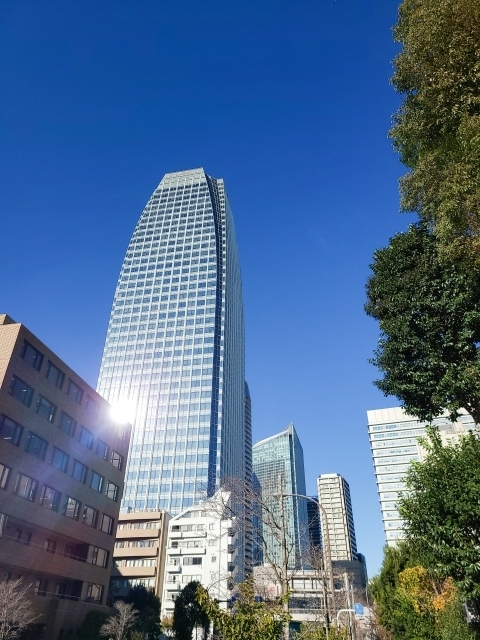International Family Law (Divorce, Prenuptial Agreement, and Adoption), Inheritance(Succession, Will and Trust, and Hague Child Abduction Cases in Tokyo, Japan

International Family Law
and Inheritance in Tokyo, Japan
Legal Profession Corporation CastGlobalToikyo Office 34F Atago Green Hills MORI Tower2-5-1 Atago, Minato-ku,
Tokyo、105-6234, Japan
Office Hours 9:30~17:30
on weekdays
Makiko Mizuuchi(Ms), Attorney-at Law, admitted to practice in
Japan and California, U.S.A. is in charge.
03-5405-7850
Published Legal Precedents on the Hague Child Abduction cases
Supreme Court cases

Some court precedents regarding the return of children are listed in INCADAT, the database of the Hague Conference on Private International Law.
If you are interested, please refer to it.
Here is an overview of recent court precedents regarding publicly available discussions.
Of these, 3 are Supreme Court decisions.
・The Supreme Court First Petty Bench decision, March 15 2018(Grounds Non-Convention issues; Habeas Corpus )
Child return was ordered and indirect enforcement failed due to the mother’s strenuous resistance and the child’s objection. The father filed a request for habeas corpus relief.
The Supreme Court ruled that there are special circumstances in which a mature child cannot be seen to be staying with the taking parent based on his free will, so continued care of the child in defiance of a return order can amount to “restraint” under the Habeas Corpus Act and Habeas Corpus Rules. The continued “restraint” by the taking parent in breach of a return order is regardes as “conspicuously illegal”. Therefore, the Supreme Court ruled that the requirements of a habeas corpus order are satisfied.
・The Supreme Court First Petty Bench decision, December 21 2017(Grounds Objections of the Child to a Return)
This is the only Supreme Court decision in Japan that modified a final and binding return order based on a change in circumstances, underArt.117(1) of the Hague Convention Implementation Act.
Four children (two sets of twins), previously living in the U.S. and wrongfully retained in Japan, were initially ordered to be returned in January 2016.
However, the Osaka High Court amended the order, citing changes in the children's situation.
The Supreme Court upheld this modification and denied the father's petition to enforce the original return order.
・Supreme Court First Petty Bench Decision April 16, 2020
The Supreme Court concluded that the return clause reached in conciliation can, upon the party’s request, be modified pursuant to Art 117(1) Implementation Act mutatis mutandis. The Justices quashed the lower instance decision and remanded the case to the Tokyo High Court for further examination.
A Recent lower court case
There is a recent lower court case involving a dispute over habitual residence.
Tokyo High Court Decision, May 15, 2020
The Tokyo High Court ruled on the issue of a child's habitual residence in a case involving wrongful retention under the Hague Convention.
Contrary to the initial decision by the Tokyo Family Court, which had prioritized the parents' intentions and found the Philippines to be the habitual residence, the high court reversed the decision.
By focusing on objective factors such as the duration of residence, purpose, living conditions, and the child's integration into social and familial environments, the court found that the child was not habitually resident in the Philippines, and therefore dismissed the petition for return(Hanrei Times No.1502
Contact information

Please contact via e-mail.
03-5405-7850
Office hours 9:30~17:30 on weekdays
Contact us
Strategies for
International Divorce
More information
Representation in
Hague Convention
Cases
More information
Contact information

34F Atago Green Hills MORI Tower 2-5-1 Atago, Minato-ku, Tokyo 105-6234, Japan
Tel 81+(0)3-5405-7850

